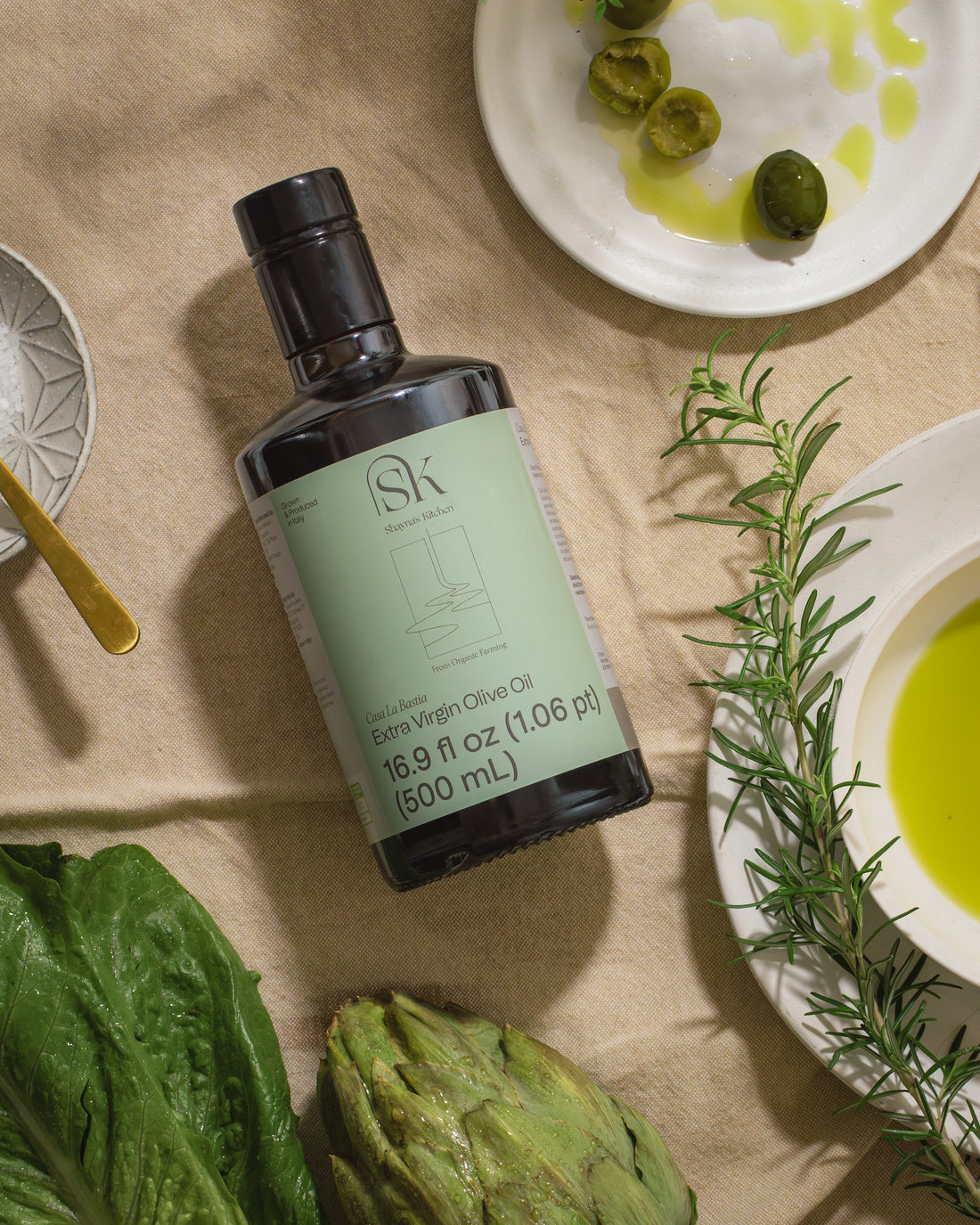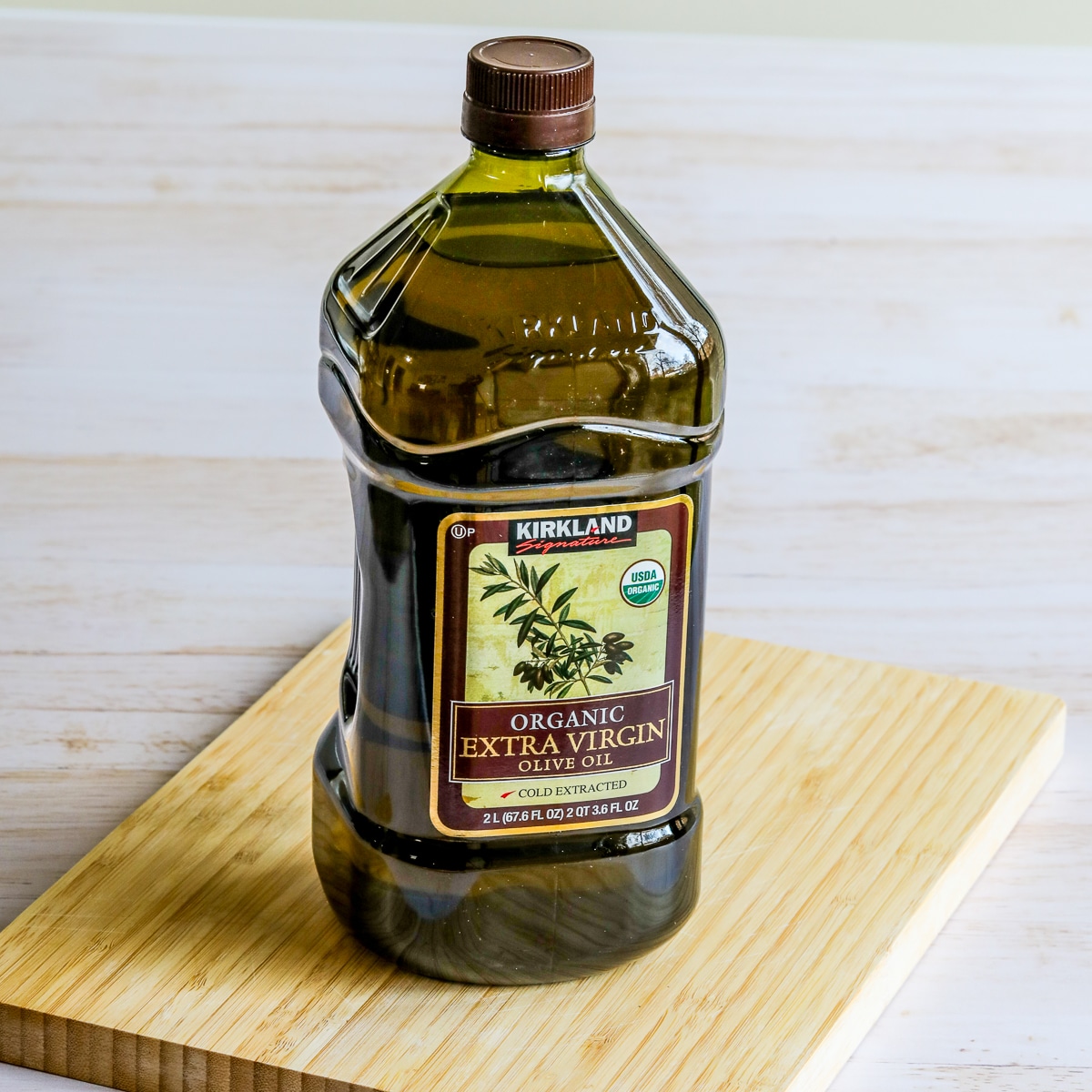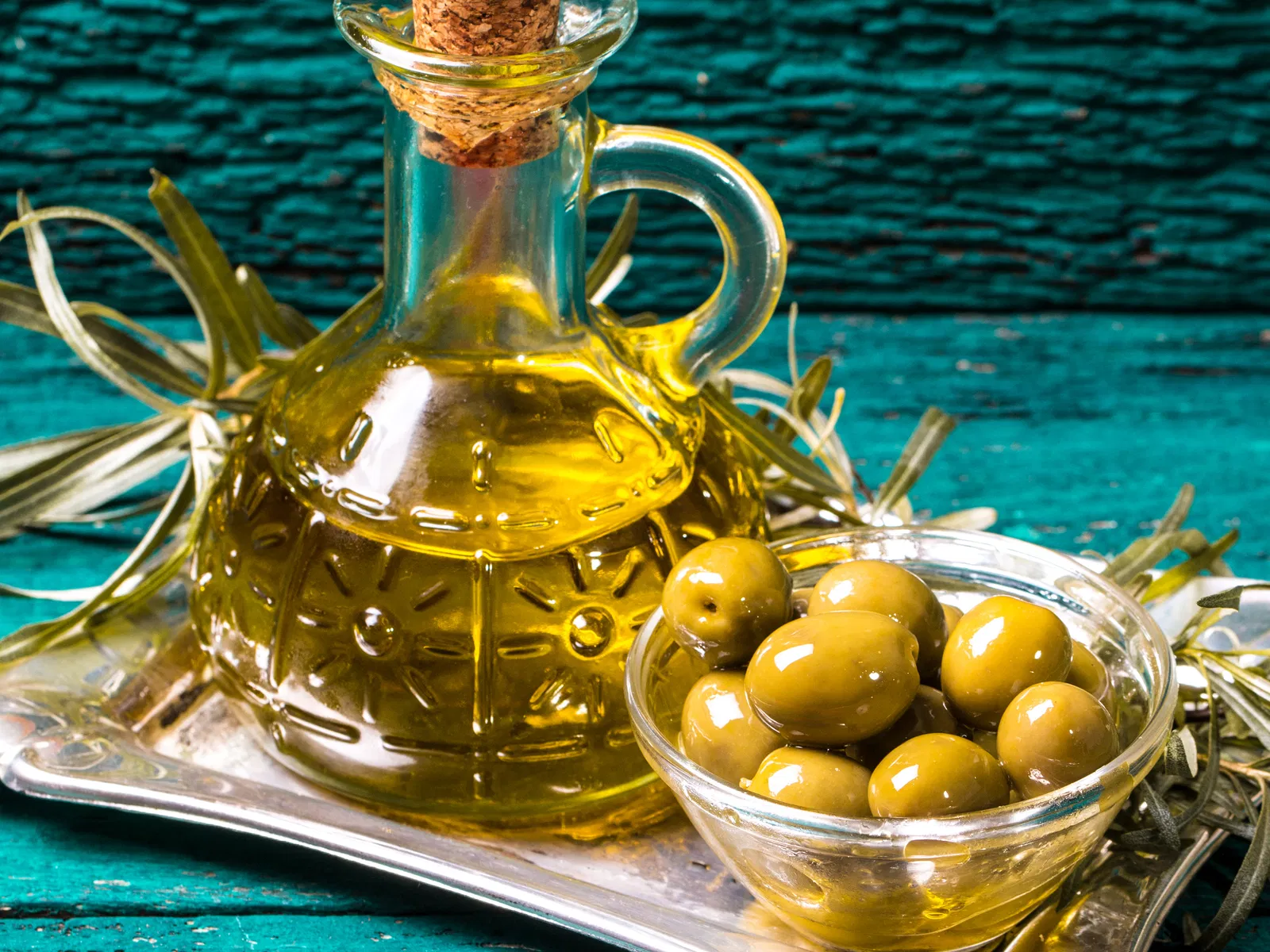Extra Virgin Olive Oil Benefits: A Simple Addition to Boost Your Immune System
Extra Virgin Olive Oil Benefits: A Simple Addition to Boost Your Immune System
Blog Article
Checking Out the Different Kinds Of Olive Oil and Their Usages, Including Bonus Virgin Olive Oil
The expedition of olive oil encompasses a diverse array of types, each offering unique tastes and culinary applications. Extra virgin olive oil, renowned for its exceptional top quality and health benefits, offers as a staple in several kitchens, yet it is only one element of this multifaceted ingredient.
What Is Olive Oil?
Stemmed from the fruit of the olive tree, olive oil is a staple in Mediterranean food and a key component in different cooking applications. This versatile oil is produced by pressing whole olives, causing a fluid that differs in flavor, color, and aroma relying on the kind of olives made use of, the region of cultivation, and the extraction process. Olive oil is primarily composed of monounsaturated fats, especially oleic acid, which is understood for its possible wellness advantages, consisting of anti-inflammatory properties and cardiovascular assistance.
In enhancement to its cooking usages, olive oil has a lengthy background of application in typical medication and skin care, owing to its abundant antioxidant material (extra virgin olive oil benefits). The oil is typically utilized in dressings, marinates, and for cooking techniques such as sautéing and roasting. Its unique flavor profile can enhance the preference of numerous meals, making it a necessary component for both home cooks and professional chefs
Furthermore, olive oil is commemorated for its duty in the Mediterranean diet plan, which is related to various health advantages. As recognition of these advantages grows, olive oil proceeds to obtain appeal worldwide as a fundamental component of a healthy lifestyle.
Sorts Of Olive Oil
Recognizing the different kinds of olive oil is necessary for both health-conscious customers and culinary fanatics. Olive oil is categorized mostly based upon its removal method and top quality, which considerably affects its health and wellness, fragrance, and flavor advantages.

Light olive oil, despite its name, refers to a lighter taste and not lower calories. It is optimal for those seeking an extra refined taste in sauces and dressings. In addition, there are flavored olive oils infused with natural herbs, flavors, or citrus, which can enhance recipes without the requirement for additional flavoring.
Each kind of olive oil serves details cooking purposes, and recognizing these differences allows customers to make informed selections that line up with their cooking designs and health objectives.
Additional Virgin Olive Oil
Extra virgin olive oil (EVOO) is extensively considered the highest high quality olive oil available, popular for its rich taste and various wellness benefits. To be identified as additional virgin, the oil has to be created from fresh olives making use of mechanical processes, without using solvents or excessive warmth. This meticulous technique preserves the oil's natural tastes, antioxidants, and healthy and balanced fats, resulting in an item with a reduced level of acidity degree of less than 0.8%.
EVOO is abundant in monounsaturated fats, especially oleic acid, which is linked to minimized swelling and enhanced heart wellness. It also consists of polyphenols, powerful antioxidants that might offer protective impacts versus chronic illness. The taste account of EVOO can differ substantially relying on the olive variety and region of manufacturing, varying from grassy and fruity to robust and peppery.

Culinary Uses of Olive Oil

In food preparation, olive oil can be made use of for sautéing, toasting, and barbecuing, offering a healthier alternative to butter or other fats. Its high smoke factor makes it ideal for numerous cooking techniques, while its antioxidants add to a heart-healthy diet. Drizzling olive oil over ended up recipes, such as pasta, fish, or barbequed vegetables, can elevate tastes and include a touch of beauty.
Furthermore, olive oil plays a significant role in cooking, where it can replace conventional fats in recipes for bread and breads, giving moisture and a refined preference. It likewise serves as a base for instilled oils, enabling chefs to trying out tastes such as garlic, herbs, or chili, better increasing its culinary potential. Generally, olive oil's flexibility makes it essential in both home and specialist kitchen areas.
Picking Top Quality Olive Oil
When choosing quality olive oil, it's crucial to think about several vital elements that influence the product's health, flavor, and fragrance advantages. Decide for extra virgin olive oil (EVOO), which is obtained from the initial cold pushing of olives and contains the greatest degrees of anti-oxidants and advantageous substances. Seek oils that are certified by acknowledged companies, as this often makes sure adherence to rigorous quality requirements.
The product packaging additionally plays a significant role in protecting the oil's stability. Pick oils saved in dark glass bottles or tins to protect against light deterioration. Take notice of the harvest day; Resources fresher oils supply superior flavor and nutritional value, so choose products that are within 18 months of their harvest.
On top of that, take into consideration the beginning of the oil. High-quality olive oils frequently come from particular regions understood for their unique flavor profiles, such as Italian, Spanish, or Greek oils. Lastly, recognize the taste; a top quality olive oil ought to have a balance of fruity, bitter, and peppery notes, indicating its richness and complexity. By evaluating these factors, you can guarantee you are picking the most effective olive oil for your culinary needs.
Final Thought
In summary, the exploration of numerous sorts of olive oil reveals distinctive attributes and applications, with additional virgin olive oil representing the peak of high quality due to its reduced acidity and high antioxidant content. Its convenience in culinary usages improves flavors in dressings, sauces, and sprinkles. Understanding the various varieties of olive oil enables notified choices in food preparation methods, advertising healthier techniques while enhancing the total gastronomic experience. Quality choice remains critical for optimal benefits.
Derived from the fruit of the olive tree, olive oil is a staple in Mediterranean cuisine and a vital ingredient in different cooking applications.The most common types of olive oil consist of refined olive oil, pure olive oil, and light olive oil.Extra virgin olive oil (EVOO) is commonly regarded as the greatest high quality olive oil readily available, well known for its rich taste and countless health benefits. Choose for added virgin olive oil (EVOO), which is acquired from the first chilly pressing of olives and has the highest levels of antioxidants and helpful substances.In recap, the exploration of various types of olive oil exposes unique features and applications, with added virgin olive oil standing for the peak of quality due to its low have a peek at these guys acidity and high antioxidant content.
Report this page